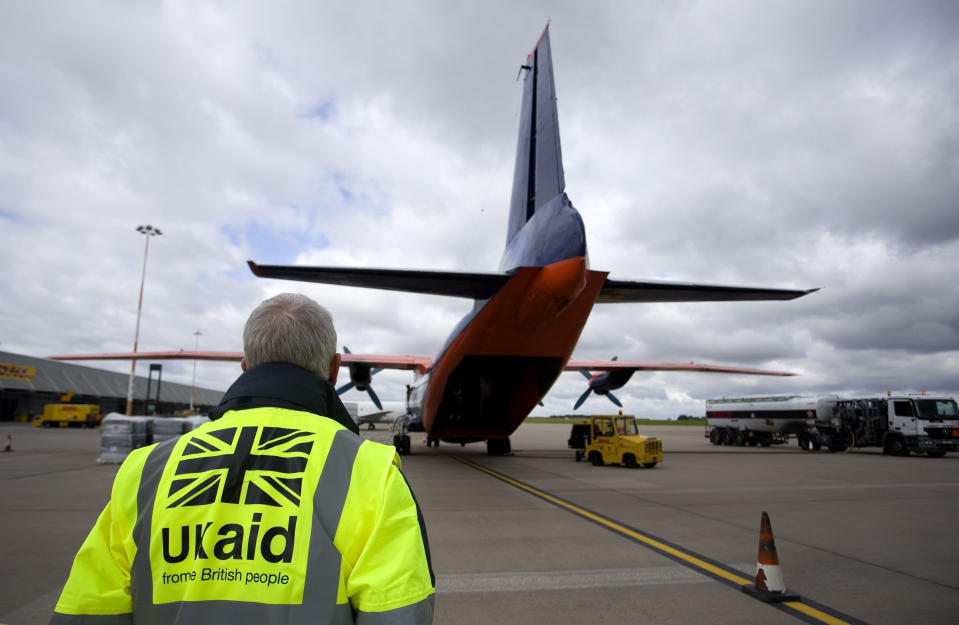UK government 'does not know' if all aid spending is value for money

The UK government cannot be confident all of its foreign aid spending offers “value for money,” according to a watchdog.
A decision to spread the aid budget around more government departments has increased the risk money is poorly spent and spending is not properly scrutinised, a new report suggests.
But the National Audit Office (NAO) report published on Thursday says there is “good evidence” many government programmes are making a real difference across the world.
It also acknowledged that working in dangerous countries or unpredictable circurmstances, alongside many other partners and donors, could make it difficult to always guarantee value for money.
Rising UK aid spending
The NAO called on the UK government to better demonstrate the effectiveness of its spending across all departments, and said it “remains unclear” if the government is meeting its latest aid objectives overall.
The department for international development (Dfid) is the only department that has been internally ranked ‘good’ or ‘very good’ for its transparency.
READ MORE: Boris Johnson and his rivals could take Britain on a borrowing spree
Former prime minister David Cameron pledged to spend 0.7% of the UK’s gross national income on aid when the Conservatives first came to power in coalition in 2010.
The government has met the spending target every year since 2013, with aid spending up 23% in the four years to 2017.

The scramble for cash
But spending has been increasingly clawed away from the department for international development since 2015, with other departments like the foreign office spending more of the cash.
The NAO says this was intended to draw on skills across government. One expert wrote recently that it also reflected the Conservatives’ preference for shifting money towards what are seen as “serious foreign policy priorities, rather than nice-to-have support for the poorest.”
The amount of aid spent by departments other than Dfid has soared from 11% to 28% in just four years, according to the NAO. There are now 23 different public bodies involved in aid spending.
READ MORE: The big hole in Boris Johnson’s Brexit trade plans
But the NAO says this spread creates new risks from other departments being “tempted” to seek a slice of the funding because their own budgets are under pressure.
They may apply to run projects “without a full understanding of whether they have the capability to carry out the work,” the government watchdog warns.
‘Fragmented’ responsibilities in government
“It is not clear whether the intended benefits of drawing in wider skills have been realised,” according to the report.
Parliament’s development committee of MPs has previously warned spending outside Dfid is less poverty-focused, transparent and coherent.
The NAO says the wider spread of funding also leaves responsibility for securing value for money more “fragmented.”
The NAO’s report implies other large departments may be less likely to scrutinise the efficiency of the tiny portions of their budgets spent on aid than Dfid might be.
READ MORE: ‘Failing Grayling’ Brexit saga costs taxpayer £1m in legal fees
Gareth Davies, head of the NAO, said on Thursday: "While there is good evidence that many aid programmes are securing an impact individually, government does not know whether all parts of ODA, taken together, are securing value for money.”
The future of Britain’s aid budget is uncertain as the Conservatives choose a new prime minister, with favourite Boris Johnson suggesting he may cut spending and even abolish Dfid.

 Yahoo Finance
Yahoo Finance 